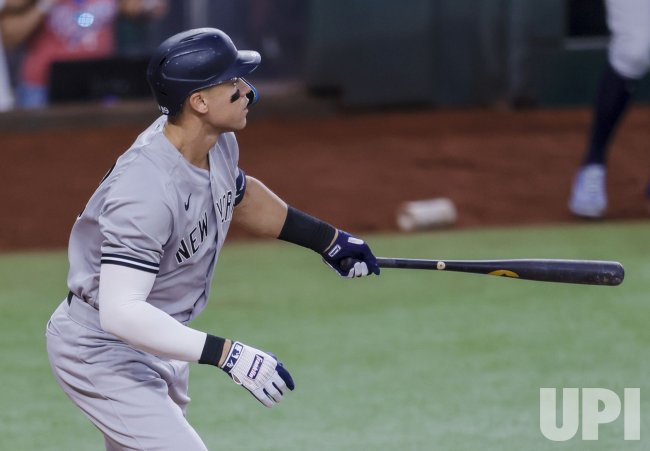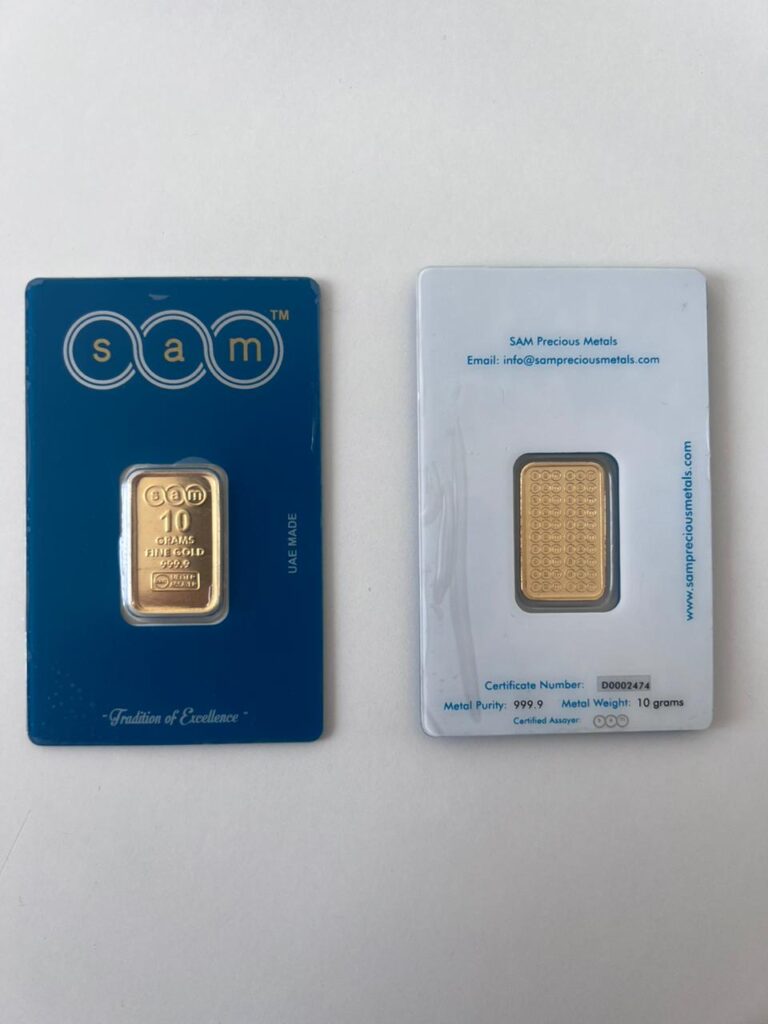FTC's Case Against Meta: Instagram, WhatsApp, And The Ongoing Legal Battle

Table of Contents
The FTC's Allegations of Anti-Competitive Practices
The FTC's core argument centers on the assertion that Meta's acquisitions of Instagram in 2012 and WhatsApp in 2014 were not simply shrewd business moves, but rather illegal maneuvers designed to stifle competition. The commission alleges that Meta, already a dominant player with Facebook, used its immense market power to eliminate potential rivals and consolidate its control over the social media landscape.
The specific allegations include:
- Monopoly power abuse: The FTC argues that Meta leveraged its existing monopoly power to prevent the emergence of competing social media platforms.
- Anti-competitive acquisitions: The acquisitions of Instagram and WhatsApp, the FTC claims, were not made for legitimate business reasons but to neutralize potential threats.
- Suppression of rivals: The FTC alleges that Meta employed various tactics, either directly or indirectly, to suppress the growth and development of rival social media platforms.
Examples cited by the FTC likely include accusations of using its market dominance to exclude competitors from accessing essential resources or forcing them out of business through predatory pricing or other anti-competitive tactics. The FTC is likely to point to how these acquisitions eliminated potentially disruptive competitors in the social media space and solidified Meta’s market dominance.
Meta's Defense Strategies
Meta vehemently denies the FTC's allegations. Its defense strategy rests on several key pillars:
- Consumer benefits: Meta argues that the acquisitions of Instagram and WhatsApp ultimately benefited consumers by integrating innovative features and creating a more interconnected user experience.
- Competitive landscape: Meta asserts that the social media landscape remains highly competitive, with numerous other platforms vying for users' attention. They'll likely point to the rise of TikTok and other competitors as evidence of a vibrant and dynamic market.
- Lack of consumer harm: Central to Meta's defense is the claim that the acquisitions have not caused any demonstrable harm to consumers. They might highlight features introduced through these integrations.
Meta’s legal team is likely employing a multi-pronged approach, including rigorous legal arguments, providing detailed economic analyses, and presenting expert testimony to refute the FTC's claims. The core strategy appears to be demonstrating that the acquisitions were pro-competitive and beneficial to users.
Key Legal Arguments and Precedents
This case hinges on the interpretation of antitrust laws, primarily Section 7 of the Clayton Antitrust Act of 1914, which prohibits mergers and acquisitions that may substantially lessen competition. The FTC must demonstrate that Meta's acquisitions significantly reduced competition in the social media market.
The legal complexities are significant, and the outcome will depend heavily on the interpretation of relevant precedents set by Supreme Court cases involving mergers and acquisitions.
- Section 7 of the Clayton Antitrust Act: This is the cornerstone of the FTC's case, requiring them to prove substantial lessening of competition.
- Relevant Supreme Court Cases: The FTC's arguments and Meta's defense will undoubtedly reference past Supreme Court rulings on similar antitrust cases to support their respective positions.
- Burden of Proof: The FTC carries the significant burden of proving its allegations beyond a reasonable doubt. This involves providing substantial evidence of anti-competitive behavior and harm to consumers.
The Potential Outcomes and Implications
Several potential outcomes exist in the FTC's Case Against Meta:
- Fines: Meta could face substantial financial penalties if found guilty of violating antitrust laws.
- Divestiture: The most dramatic outcome would be a court order forcing Meta to divest itself of Instagram or WhatsApp, effectively breaking up the company.
- Dismissal: The case could be dismissed if the FTC fails to meet its burden of proof.
The implications extend far beyond Meta. The outcome will set a critical precedent for future mergers and acquisitions in the tech industry and potentially other sectors.
- Future Tech Mergers & Acquisitions: The case will influence how regulators evaluate future tech mergers, potentially leading to stricter scrutiny of large acquisitions.
- Consumer Choice and Innovation: A ruling against Meta could foster increased competition and innovation in the social media sector, ultimately benefiting consumers.
- Competitive Landscape of Social Media: The outcome will have a significant impact on the competitive dynamics of the social media landscape, potentially leading to a more fragmented and diverse market.
The Ongoing Legal Battle and Latest Developments
The FTC's Case Against Meta is an ongoing legal battle. Recent developments (insert specific updates on the case here, mentioning court hearings, filings, or other important events). Key aspects to follow include:
- Recent Court Rulings: Any significant decisions made by the court should be reported here.
- Key Witnesses and Evidence: This section should highlight significant evidence presented by either side, as it becomes available.
- Expert Opinions: Expert testimony often plays a crucial role in these cases.
(Note: This section requires up-to-date information and will need to be updated regularly to maintain accuracy.)
Conclusion: The FTC's Case Against Meta: Looking Ahead
The FTC's Case Against Meta concerning Instagram and WhatsApp represents a significant legal challenge with far-reaching consequences for the tech industry and beyond. The FTC's allegations of anti-competitive practices, Meta's defense strategies, and the complex legal arguments involved all contribute to a high-stakes battle. The potential outcomes—fines, divestiture, or dismissal—will have a lasting impact on the competitive landscape of social media and the future of tech mergers and acquisitions. To stay informed about this pivotal case and its ongoing developments, subscribe to legal news updates, follow relevant news sources, and utilize search terms like "FTC lawsuit Meta," "Meta antitrust case," and "Instagram WhatsApp acquisition lawsuit" to stay informed on the latest developments in this crucial FTC's Case Against Meta.

Featured Posts
-
 Solutions 30 Pourquoi Le Cours De L Action Est Il En Hausse
Apr 23, 2025
Solutions 30 Pourquoi Le Cours De L Action Est Il En Hausse
Apr 23, 2025 -
 Broadcoms V Mware Acquisition A 1050 Price Hike Claim Sparks Outrage
Apr 23, 2025
Broadcoms V Mware Acquisition A 1050 Price Hike Claim Sparks Outrage
Apr 23, 2025 -
 Trgovine Otvorene Na Uskrs I Uskrsni Ponedjeljak Gdje Kupiti Sto Vam Treba
Apr 23, 2025
Trgovine Otvorene Na Uskrs I Uskrsni Ponedjeljak Gdje Kupiti Sto Vam Treba
Apr 23, 2025 -
 Nine Home Runs Yankees Record Breaking Victory Judges Historic Night
Apr 23, 2025
Nine Home Runs Yankees Record Breaking Victory Judges Historic Night
Apr 23, 2025 -
 Ser Sbykt Dhhb 10 Jramat Alywm Alathnyn 17 2 2025
Apr 23, 2025
Ser Sbykt Dhhb 10 Jramat Alywm Alathnyn 17 2 2025
Apr 23, 2025
Latest Posts
-
 French Ministers Plan For European Nuclear Cooperation
May 10, 2025
French Ministers Plan For European Nuclear Cooperation
May 10, 2025 -
 Shared Nuclear Shield Frances European Push For Energy Security
May 10, 2025
Shared Nuclear Shield Frances European Push For Energy Security
May 10, 2025 -
 Nuclear Energy Collaboration A French Ministers Proposal For Europe
May 10, 2025
Nuclear Energy Collaboration A French Ministers Proposal For Europe
May 10, 2025 -
 Frances Minister For Europe Advocates For Joint Nuclear Power
May 10, 2025
Frances Minister For Europe Advocates For Joint Nuclear Power
May 10, 2025 -
 French Europe Minister Promotes Nuclear Energy Sharing
May 10, 2025
French Europe Minister Promotes Nuclear Energy Sharing
May 10, 2025
